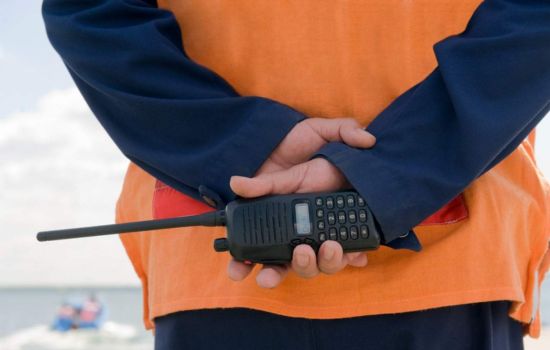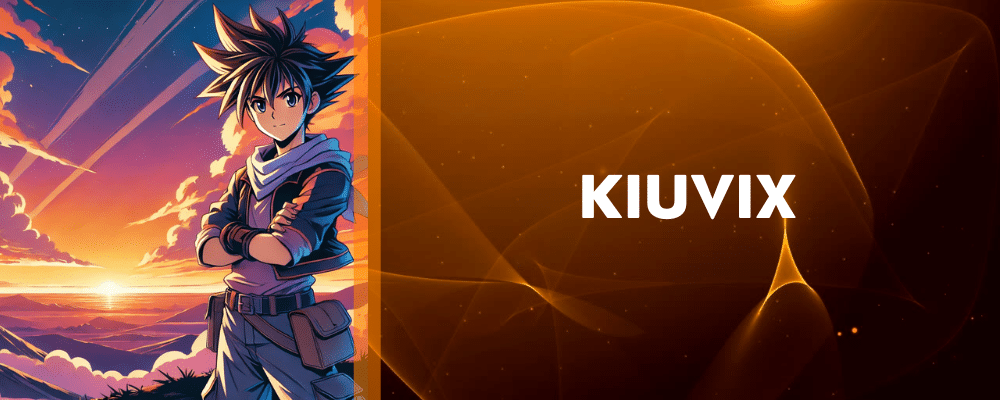Advertisements
That feeling of turning the dial, searching through the static for that perfect station that transported you to another world. The distinctive crackle of AM waves in the early morning, the distant voices drifting in from unknown countries, the magic of discovering new music on a frequency you'd never explored before.
But here comes the fascinating part: That magic hasn't died. It's just evolved.
See also
- What do an astronaut and a radio listener have in common?
- Measure like a pro with your smartphone
- The Final Verdict on Your IQ, on Your Smartphone
- Don't Miss Out: GPS That Works Without Internet
- Enjoy your favorite stories without touching your wallet
The radio you thought was lost now lives in your pocket
In a world where everything seems instantaneous and predictable, where algorithms decide what music to listen to and what news to read, there's something deeply human about radio that no playlist can replicate.
It's that feeling of surprise. Of real connection. Of being part of something bigger than yourself.
Advertisements
And now, thanks to technology, that experience has multiplied exponentially. You're no longer limited to the few stations in your city. The whole world is literally at your fingertips.
Advertisements
FM Radio: Simplicity that makes you fall in love
Imagine this: you open an app and instantly have access to thousands of radio stations from around the world. No hassle, no endless registration, no confusing interfaces.
FM Radio understands something that many apps have forgotten: sometimes, less is more.
Its minimalist design is no coincidence. It's a statement of purpose. When you're looking to connect with the world through the airwaves, the last thing you need is unnecessary distractions.
Want to listen to New Orleans jazz at 3 a.m.? Two taps and you're done.
Fancy discovering what music is playing in Tokyo while you're having breakfast? It's there, waiting for you.
Radio Garden: The world in your hands
But if we talk about revolutionary experiences, Radio Garden it's just… different.
Imagine a digital globe where each green dot represents a real radio station, broadcasting at that very moment. You can literally "walk" the streets of Paris, "visit" a small town in Norway, or "peek" into a community radio station in some remote corner of Brazil.
It is sound geography in its purest form.
What makes Radio Garden special is not only its technology (which is impressive), but its philosophy: connecting cultures through sound.
Every station you discover is a window into the daily lives of real people, in real places, living their real lives. You hear their local news, their traditional music, their political debates, their late-night shows.
It's like being an invisible sound traveler.
myTuner Radio: Smart Personalization
And then there is myTuner Radio, which has found the perfect balance between variety and customization.
With over 50,000 radio stations and podcasts from around the world, myTuner not only gives you endless options, but also learns from your preferences to suggest content that truly interests you.
Are you one of those people who enjoys the BBC morning news while getting ready for work? myTuner will remember that.
Do you prefer classical music on Sunday afternoons? That's covered too.
Do you like exploring folk music from different countries? There's a dedicated section for that.
The brilliance of myTuner is that it combines the serendipity of traditional radio with the convenience of modern technology, without sacrificing either.
Why is radio still relevant in 2025?
This is the million-dollar question, right?
In an era dominated by Spotify, Apple Music, and YouTube, where you can create endless playlists and have complete control over your listening experience, what's the point of listening to the radio?
The answer is deeply human.
The radio connects you with the now. With what's happening right now, in real time, somewhere in the world. It's unpredictable, authentic, alive.
When you listen to a local radio station in a small Italian town, you're not just hearing music. You're hearing the pulse of that community. Its concerns, its celebrations, its unique way of seeing the world.
Is real-time digital anthropology.
The magic of the unexpected
But there's something deeper here. Something that has to do with our relationship with surprise and discovery.
Music streaming algorithms, no matter how sophisticated, are designed to give you what you already like, or variations of what you already like.
The radio, on the other hand, gives you what you didn't know you needed.
That Brazilian song you never would have searched for but ends up being your new obsession.
That political debate on a small German radio station that makes you reflect on topics you didn't even know you were interested in.
That live stream of a concert from a city square that you can't even pronounce, but whose music gives you goosebumps.
No algorithm can replicate that.
The future of sound is here
The fascinating thing about these apps is how they have democratized access to global radio.
Previously, tuning into a foreign station required specialized equipment, powerful antennas, and a lot of patience. Only true shortwave radio fans ventured into those waters.
Today, anyone with a smartphone can instantly access stations broadcasting from the most remote locations on the planet.
It's like having an infinitely powerful world radio receiver that fits in your pocket.
The democratization of global sound
Think about it for a moment: a small community radio station in Ghana can now have listeners in Madrid, Buenos Aires, or Manila.
A nightly jazz program from a university in Oregon can be heard by an insomniac in Tokyo.
A local news station in a Mexican city can inform a homesick emigrant living in Paris.
It is cultural globalization in its purest and most beautiful form.
The human experience behind technology
But behind all this impressive technology, what really matters are the human stories.
Every station has real people behind it: passionate hosts who dedicate their lives to connecting with their listeners, music programmers who carefully curate each song, and journalists who investigate and report on stories important to their communities.
When you use Radio FM, Radio Garden, or myTuner Radio, you're not just consuming content. You're participating in a global network of cultural and human exchange.
You are part of something bigger.
An invitation to rediscovery
So here's my challenge to you:
Tonight, instead of putting on your usual playlist or letting Spotify decide for you, open one of these apps.
Turn that digital dial.
Explore a station from a country you've never visited.
Listen to music in a language you don't understand.
Let yourself be surprised by unknown voices that speak of realities different from yours.
Rediscover the magic of not knowing what comes next.

Conclusion: The world sounds different when you really listen
Radio never died. It simply reinvented itself, evolved, and found new ways to connect us.
Apps like FM Radio, with its elegant simplicity; Radio Garden, with its innovative visual and geographical proposal; and myTuner Radio, with their vast customizable library, have restored radio to its place as a medium of cultural discovery and human connection.
In an increasingly fragmented and polarized world, radio remains that democratic space where voices meet, where cultures intersect, where the unexpected remains possible.
It's not just nostalgia. It's human need.
The need to be surprised, to connect, to be part of something bigger than ourselves.
The need to remember that, despite our differences, we all share this sonorous planet.
And now, more than ever, that sonic planet is within your reach.
You just have to tune in.




